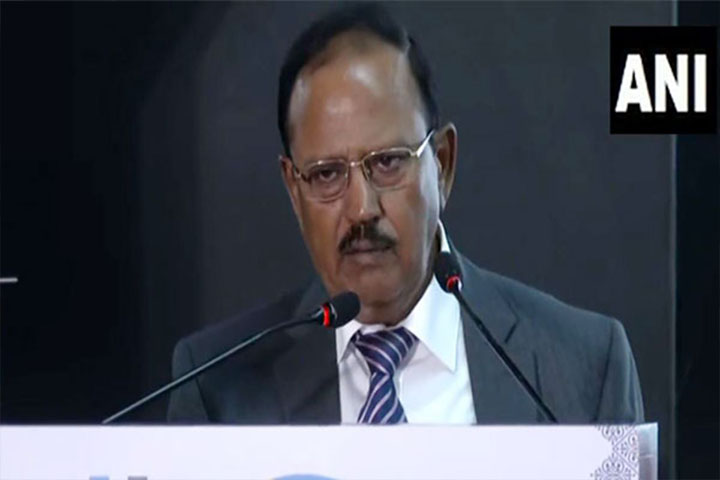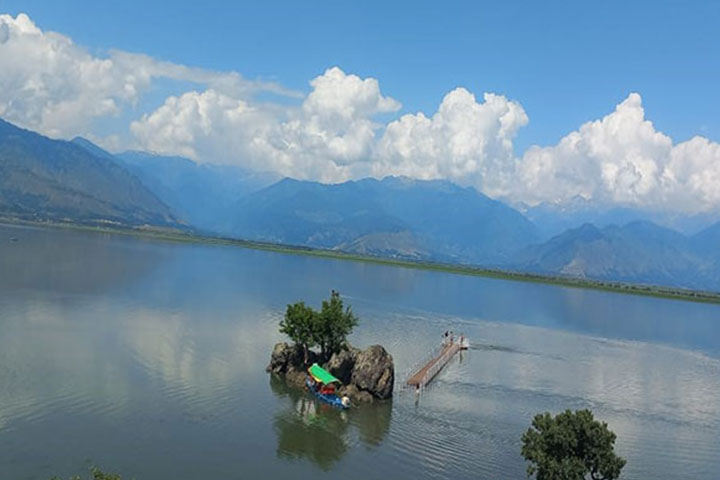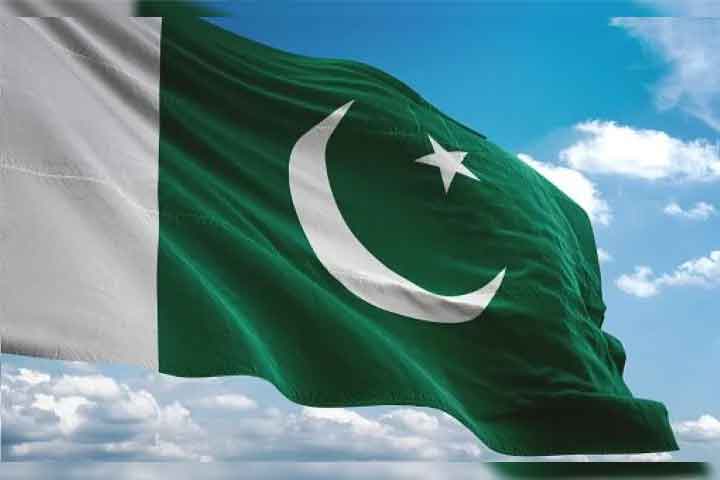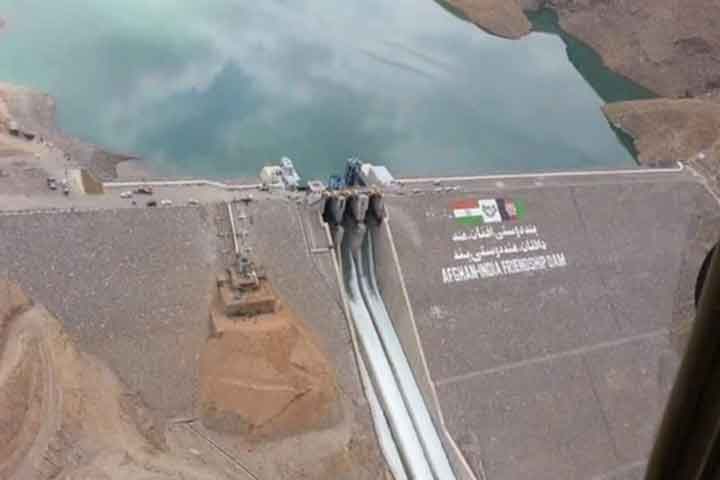Revival of tourism in Kashmir: Foreign visitors rekindle their love for the valley
After a prolonged hiatus, international travellers are once again flocking to the enchanting and picturesque destination of Kashmir.
From January 1 to June 19 this year, an impressive surge of over 15,000 foreign tourists has reconnected with the Valley, and authorities expect this number to increase significantly by the end of the year.
This resurgence in tourism is a promising sign for the region, as it indicates the restoration of confidence and interest among travellers in visiting this breathtaking part of the world.
According to official statements from the tourism department, the number of foreign tourists exploring the Valley between January and June 19 stood at an impressive 15,161. This figure is a significant leap from the previous year's records, which saw only 4,028 foreign visitors during the same period.
The sharp increase indicates a growing attraction towards Kashmir as a preferred destination among international travellers.
Several factors have played a crucial role in rekindling the interest of foreign tourists in Kashmir.
Firstly, the improved security situation and stability in the region have been instrumental in boosting confidence among travellers.
The concerted efforts of the local administration and security forces to create a safe and welcoming environment have paid off, as visitors now feel more secure and comfortable exploring the Valley.
The proactive promotion of tourism by the government and tourism department, both domestically and internationally, has played a vital role.
Collaborative marketing campaigns, roadshows, and participation in global tourism events have helped in projecting Kashmir as a must-visit destination. The pristine natural beauty, diverse cultural heritage, and unique experiences offered by the Valley have also contributed to its allure.
Kashmir's appeal lies in its awe-inspiring landscapes, including snow-capped mountains, verdant valleys, serene lakes, and meandering rivers. The majestic Dal Lake, located in Srinagar, offers tourists the opportunity to experience the iconic Shikara boat rides, stay in traditional houseboats, and enjoy the vibrant floating markets.
The enchanting hill stations of Gulmarg, Pahalgam, and Sonamarg provide breathtaking views, adventure sports, and opportunities for trekking, skiing, and mountaineering.
Furthermore, Kashmir is renowned for its rich cultural heritage. The region boasts historical monuments, including the magnificent Mughal Gardens, ancient temples, and Sufi shrines.
The vibrant local markets offer a delightful shopping experience, with traditional handicrafts, Pashmina shawls, exquisite jewellery, and aromatic spices being popular souvenirs.
The resurgence of tourism in Kashmir brings not only joy to the hearts of locals but also economic prosperity. The influx of foreign tourists stimulates the hospitality industry, creating employment opportunities and income generation.
The rise in tourism also promotes small-scale businesses, such as handicrafts, local cuisine, and transportation services, contributing to the overall development of the region.
Moreover, tourism plays a significant role in preserving Kashmir's rich cultural heritage. As visitors immerse themselves in the local traditions, arts, and crafts, there is a renewed appreciation for the region's cultural legacy. This appreciation encourages the preservation of ancestral skills and practices, benefiting local artisans and artisans' communities.
"While the revival of tourism in Kashmir is an encouraging trend, it is essential to address the challenges that may arise. Ensuring sustainable tourism practices, preserving the natural environment, and maintaining the delicate ecological balance are crucial. Additionally, continuous efforts should be made to provide a safe and secure environment for travellers, dispel any misconceptions about the region, and improve infrastructure and connectivity," said Umer Reyaz, a local.
"The tourism department, In collaboration with local stakeholders, should focus on diversifying tourism offerings, including adventure tourism, cultural festivals, and wellness retreats, to attract a broader range of travellers. Embracing digital marketing strategies, social media promotions, and leveraging technology can also help in expanding the reach and visibility of Kashmir as a desirable destination," said Rameez Ahmad, a young entrepreneur from Bandipora.
The recent surge in foreign tourists visiting Kashmir between January and June 19 indicates a promising revival of tourism in the region. The improved security situation, proactive promotion, breathtaking natural beauty, and rich cultural heritage have played a pivotal role in reigniting the interest of travellers.
This resurgence brings economic benefits to the local communities and also contributes to the preservation of Kashmir's unique culture and traditions.

 Live Tv
Live Tv













